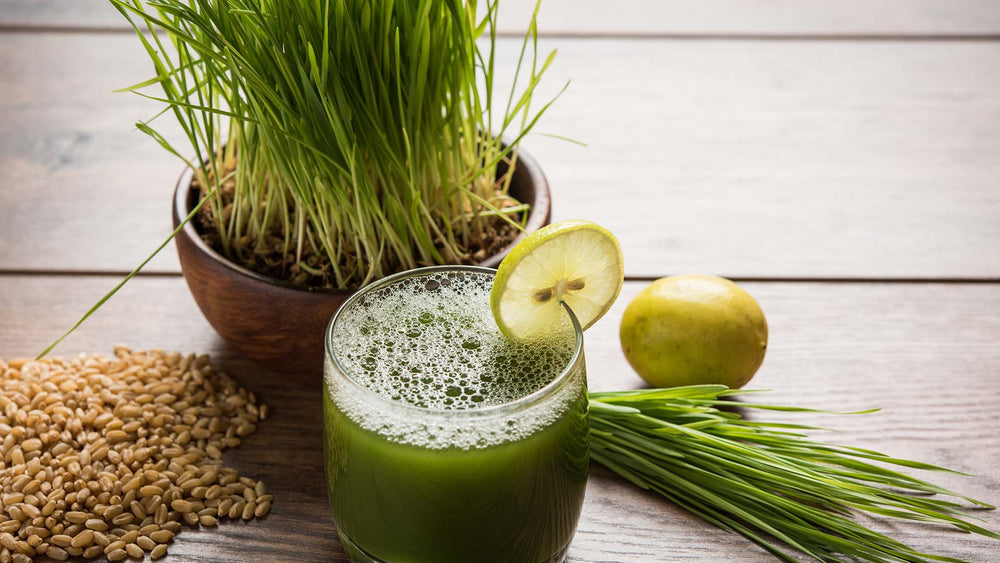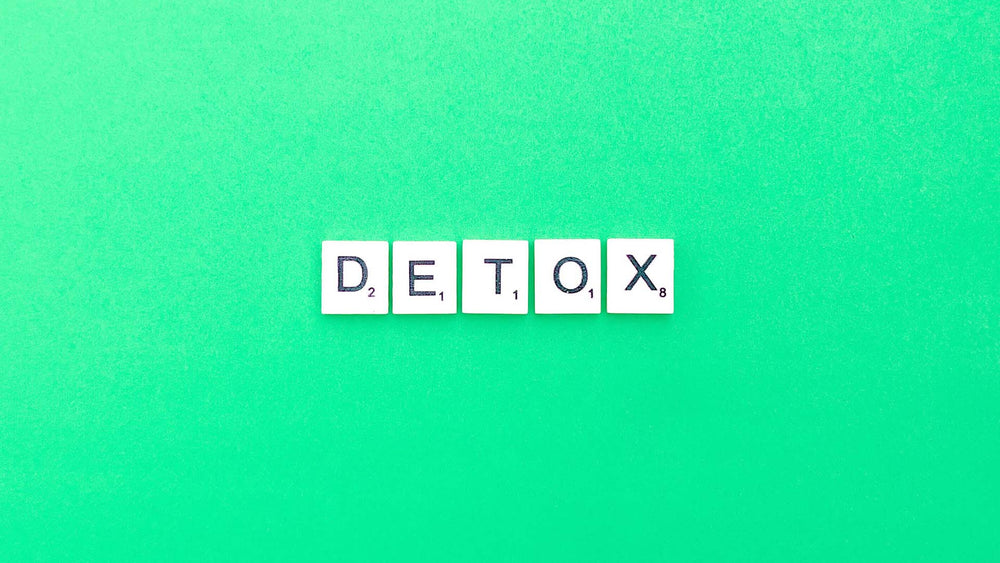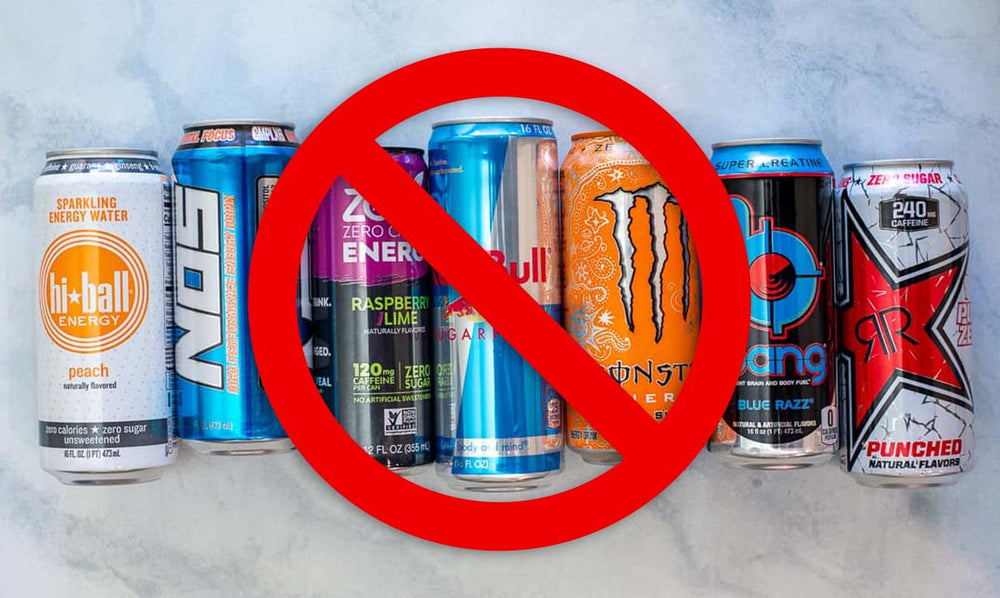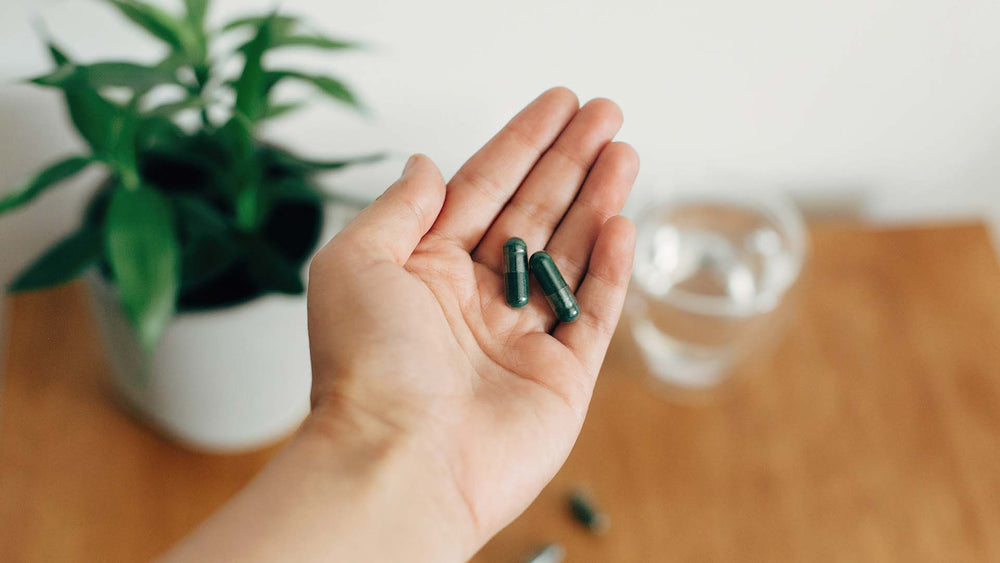Getting older doesn’t mean you have to stop having fun or give up the activities or hobbies you love. You don’t need to exist on a diet of boring foods like rice cakes and prune juice, either. If you’re over 50, though, you don’t have the luxury of eating junk food, drinking sugary soda or overeating and avoiding health repercussions. Staying young-looking and vibrant after 50 requires a bit of work. Good genes help, but you still need to do your part. Consider the following nutrition tips for men and women over 50.
Increased Fiber in the Diet is a Must for People Over 50
Fiber is found in plant foods – fruits and vegetables, nuts, whole grains and seeds. Adding more fiber to your diet prevents constipation and may help lower cholesterol and blood sugar. Choose whole grain bread instead of white bread, eat peas, lentil soup or add sunflower seeds a snack. Drink water, tea or juice to keep fiber moving through your intestines. Eat fresh fruits instead of canned, and leave skins on for extra fiber. Although fiber is important at any age, we need it as we get older to keep bowel movements regular as the body slows down.
Use laxatives sparingly if at all. You can become dependant on them, and they’re only a temporary solution. (A bad diet and lack of exercise are common causes for constipation in people over 50.) Fiber supplements like Metamucil aren’t as problematic, but should be used occasionally in small amounts. Using fiber supplements too often causes gas and bloating.
Use natural remedies for constipation instead. Drink ginger tea, water, orange juice or that often joked about but effective home remedy – prune juice. Eat apples, broccoli, cauliflower or other fiber-rich foods, or take a wheatgrass supplement. Wheatgrass helps detoxify the body, relieving problems of the gastrointestinal tract, including constipation.
Banish the Salt Shaker
Your body needs sodium to function, along with three other electrolytes, potassium, calcium and magnesium. However, too much sodium can cause high blood pressure, which leads to cardiovascular disease, heart attacks and strokes. You only need 2/3 of a teaspoon of salt a day if you’re over 51, so avoid adding salt to food. Check packaged food for salt content, or better yet prepare your own food at home using fresh ingredients. If you use packaged or canned foods, choose brands with low-sodium options.
Spice Things Up!
Use lemon, herbs or spices in place of salt when seasoning food. Turmeric, saffron, ginger and other spices not only add zing to your food, they contain antioxidants and other components to make you healthier. Here are some salt replacements and their health benefits.
Turmeric – The yellow spice used in Indian dishes contains curcumin, a powerful anti-oxidant and anti-inflammatory. Although the turmeric you use to season food only contain 3% curcumin by weight, this antioxidant offers several health benefits that add up over time. It blocks the molecule NF-kB, which is a building block of many chronic diseases. Curcumin neutralizes cell-destroying free radicals and increases your body’s natural antioxidant enzymes.
Saffron - Another golden yellow spice, saffron is low in sodium and cholesterol. It contains manganese, iron, magnesium and antioxidant-rich Vitamin C. Used as a folk remedy for centuries to cure constipation, colds and insomnia, saffron improves glutathione levels in your body to fight free radicals.
Lemon Juice – Adding lemon juice to food gives it a fresh taste - and many extra health benefits. Like turmeric and saffron, lemon has antioxidant properties. Although lemons are acidic, once you consume lemon juice it becomes alkaline, helping to balance your body’s pH. Lemon juice lowers your risk of stroke and strengthens your immune system. It also aids in the manufacture of collagen to keep your skin supple and youthful-looking.
Store Food Wisely and Be Aware of Expiration Dates
If you prepare your own food be sure to cut raw poultry or meat on a separate cutting board and wash all utensils and board in warm soapy water immediately and your hands
If you’re over 50, you’re more susceptible to food poisoning, stomach bugs and other infections caused by bad or expired foods. Don’t take chances with foods past their expiration dates. Throw all expired cans and packages and check the USDA site for storage and use-by information 1 on meat, dairy and produce.
It’s not worth it to save a few bucks by using outdated foods. Here are some tips on food dating and storage:
Don’t rely on smelling or tasting foods to determine if they’re still usable. Your senses of smell and taste weaken as you age, and medication may dull them further.
Store prepackaged foods in a cool, dry place and keep flour, cornmeal other grains in tightly closed containers.
Put food in the refrigerator no later than two hours after it’s cooked. Freeze food if you don’t plan on using it right away.
Use refrigerated leftovers within 3 or 4 days to reduce the chance of spoilage.
Best Foods for Men and Women Over 50
A natural, healthy diet can be varied and delicious. Keep your refrigerator and kitchen cabinets stocked with the following over 50 superfoods to look and feel younger.
Apples
A great source of Vitamin C and fiber, apples keep blood sugar low and fight colds and disease with antioxidants. Be sure to eat raw apples with the skin intact to get the full benefit of polyphenols, strong antioxidants that fight Alzheimer’s disease. .
Blueberries
Blueberries contain more antioxidants than most other fruits, veggies or seasonings – and they taste great. The antioxidants in blueberries protect your cells by destroying free radicals. Raw blueberries have more potent antioxidant benefits than blueberries baked into pies, jams or muffins. Blueberries may also prevent memory loss in seniors. According to a study conducted on participants with an average age of 76, daily blueberry consumption for three months improved memory and cognitive function.
Broccoli
Broccoli has extensive health benefits for adults over 50. Eating broccoli three times a month or more may reduce the risk of bladder cancer by 40%. This superfood contains sulfophane, a compound that helps prevent osteoarthritis by blocking inflammation. Broccoli also minimizes dangerous molecules that harm blood vessels in the heart.
Dark Chocolate
Not all candy is bad for your health! Dark chocolate contains flavonoids and polyphnols, two antioxidants that may help prevent heart attacks. A 2011 study indicated that eating a dark chocolate helps blood vessels dilate, making blood flow better and improve life for people with peripheral vascular disease. Some studies show that dark chocolate may help improve memory, lower blood pressure and reduce a woman’s chance of suffering a stroke by 20%. Taking an energy supplement containing dark chocolate or cocoa is a healthy way to increase vitality. REVV Chocolate Mint Energy Wafers contain cocoa and the nutrient-rich superfood wheatgrass.
Greek Yogurt
Yogurt is good for keeping bones and digestive system healthy, but Greek yogurt is even better. It contains more probiotics and protein than American yogurt and less sugar. Choose a low-fat Greek yogurt, since regular Greek yogurt has a lot of saturated fat.
Coffee
Your morning coffee does more than perk you up. A National Institute of Health/AARP Study concluded that coffee drinkers were less likely to die from strokes, injuries, accidents, diabetes or infections than people who didn’t drink coffee. Women who drink coffee have a reduced chance of developing breast cancer.
Quinoa
A favorite of vegans and vegetarians, quinoa is a South American grain packed with fiber, magnesium and Vitamin B2 (Riboflavin). Use it in place of generic pasta and white rice. Eating 2 to 3 servings of this gluten-free grain a day may reduce your risk of colon cancer, cardiovascular disease or Type 2 diabetes.
Salmon
Fresh salmon contains Omega 3’s, which boosts brain function to help prevent memory loss and Alzheimer’s. They help regulate blood pressure and contribute to a healthier heart. Choose wild salmon; factory farmed salmon may contain PCBs, toxic chemicals which may harm the immune system and may cause cancer.
Dieting for Seniors
We gain weight as we get older because our metabolism slows down and we’re not as active as we were in our 20s, 30s or 40s. You also lose a substantial amount of muscle as you get older. By the time you’re 70, your muscle mass is down to 27% from a high of 45% at around age 30. These factors combine to add unwanted pounds to our scales even if we watch our diets. Losing weight is a challenge for older adults, but with some effort, you can get back to a healthy weight and stay there. The rules for weight loss after 50 are the same as the rules for young adults. Increase your physical activity and exercise daily, stop eating fast food and junk food and reduce your calorie intake.
Before dieting, you should examine your eating habits. Do you binge on any unhealthy foods ? If so, stop buying them and get rid of what’s still in your kitchen by giving them away. Deal with depression, boredom, anger and other emotional eating triggers through therapy or taking a natural, mood-balancing supplement.
When deciding on a diet plan, consider any health issues you’re facing. If you have cardiovascular problems, high cholesterol or high blood pressure, avoid protein-based diets containing meat and other animal products. Meat is high in saturated fat, which increases your homocysteine level and leads to clogged arteries. If you’re diabetic, include plenty of fiber from lentils, peas, fruits and oats in your weight loss plan. All dieters over 50 should include an equal amount of proteins, carbohydrates and fats in their weight loss plan.
The Benefits of B-Complex Vitamins, Vitamin C and Vitamin D
All vitamins and minerals take on increased importance in our diet and in our supplement routine as we get older. We may need more of some and less of others. Iron helps prevent anemia and keeps blood strong; magnesium may increase muscle strength in older adults, and calcium is necessary to keep bones strong. Take a multivitamin or supplement containing minerals, vitamins and other nutrients for increased energy and vitality. Make sure you get enough of the following vitamins if you’re over 50:
Vitamin C
The antioxidants in Vitamin C are crucial for fighting inflammation and keeping your body free from cancer. Women over 50 need 75 mg of Vitamin C a day; men need 90 mg. Be careful not to overdo it - too much Vitamin C can cause diarrhea. Kiwi, strawberries, bell peppers, papayas and tomatoes are high in Vitamin C.
Vitamin D
Bones become brittle as we age, making seniors more susceptible to fractures and osteoporosis. Exercise, along with Vitamin D and calcium keep bones strong. We get most of our Vitamin D from exposure to direct sunlight, and our bodies can’t process it as completely once we enter our 50s.. Get more of this important vitamin from fortified cereals, tuna and beef liver and take a Vitamin D supplement to increase bone density.Protein and sodium heavy diets sap calcium out of bones, so avoid salty foods and high-protein foods like cheese and pork.
B-Complex Vitamins
B-complex vitamins may stop mental decline in the elderly, according to a study by the University of Oxford. Study participants given high doses of Vitamin B12, Vitamin B6 and Vitamin B9 (folic acid) suffered brain shrinkage at a 0.76% rate per year, while participants who took a placebo experienced 1.08% brain shrinkage per year. These results show that B-complex vitamins may help delay the onset of Alzheimer’s disease or prevent it completely in some individuals.3
Get All the Nutrients You Need with Zeal O2, Happy Girl and REVV
Men and women over 50 are more likely to need a nutritional supplement than younger folks, but don’t settle for generic supplements from the supermarket or drugstore Wheatgrass Love offers three specialized supplements containing the superfood wheatgrass and nutrient-rich herbs.
REVV Energy Wafers – Take a delicious chocolate mint REVV wafer as needed when you need more energy. REVV wafers are made with nutrient-rich wheatgrass, giving you the power of chlorophyll, B-complex vitamins, Vitamin A, Vitamin C and Vitamin E for a pick-me-up with overall health benefits. REVV includes periwinkle herb, a lesser-known but effective herb to increase blood flow to the brain. Read about REVV.
Zeal O2 Weight Loss Supplement –If you’re over 50 and need to lose weight, but worry about losing out on important nutrients if you restrict your diet, Zeal O2 may be for you!
The wheatgrass in Zeal O2 is packed with magnesium, iron, calcium, zinc, potassium and dozens of other nutrients, plus a proprietary blend of herbs for extra health benefits. The herbs in Zeal O2 include gingko biloba, cayenne pepper, ginger, Siberian ginseng, hawthorne berry, green tea extract and white willow bark. Zeal O2 can also be used to maintain your weight once you’ve achieved your goal. Read more.
Avoid the side effects and experience of prescription antidepressants with a natural mood enhancer. If you have mild to moderate depression, or suffer the blues once in awhile, Happy Girl Mood Enhancer offers a safe solution with a wheatgrass and organic herb blend. Wheatgrass contains B-complex vitamins to give you a happiness boost, and the herbal blend consists of gingko biloba, gotu kola and other well-known mood and energy boosters. And Happy Girl isn’t just for girls – men and women over 50 can use it for better mood and nutrition! Read more about Happy Girl.
Check out Zeal O2, REVV and Happy Girl and discover the power of wheatgrass. Satisfaction guaranteed or your money back! Always check with your doctor before taking any dietary supplement.
- http://www.fsis.usda.gov/wps/portal/fsis/topics/food-safety-education/get-answers/food-safety-fact-sheets/food-labeling/food-product-dating/food-product-dating
- http://www.whfoods.com/genpage.php?tname=foodspice&dbid=8
- http://www.webmd.com/brain/news/20100909/vitamin-b-may-help-preventmental-decline-elderly
















